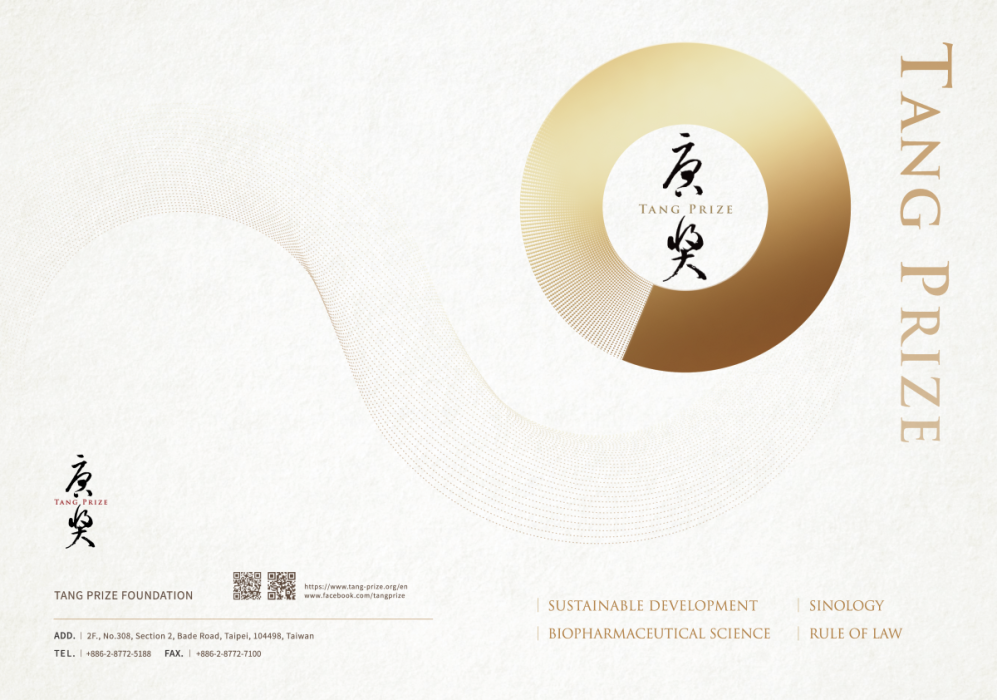199/25 From Survival to Success: Your First Semester at a University in Pakistan
Posted 4 months ago
The Rector University of Southern Punjab Multan Pakistan guidance for students entering into the University life.
Moving from college to university in Pakistan comes with a significant change: shifting from the annual exam system to the semester system. During college education in Pakistan, most students were used to preparing mainly at the end of the year for one big final exam. While this system rewarded hard work at the last moment, it often left little room for gradual learning or consistent growth.
University life brings something different and much more rewarding: the semester system. This system, unlike the annual one, allows students to learn step by step, build skills along the way, and demonstrate their progress through quizzes, assignments, presentations, projects, and class participation. Every week is an opportunity to grow; success no longer depends on a single exam. The semester system, designed to match international standards, encourages regular study habits, and helps students think more critically. It's a system that rewards consistent effort and gradual learning, paving the way for a more comprehensive education.
For many new students, this change feels overwhelming. Instead of one final exam, quizzes, assignments, midterms, presentations, and class participation are now spread throughout the semester. This means you cannot leave everything until the last minute—you need to keep up with your work week by week.
Faculty members play a crucial role in this transition. Their responsibility extends beyond teaching to mentoring and guiding students. With the right support and habits, students can successfully navigate this change and fully embrace the benefits of the semester system.
Challenges for Students in Transition (First Semester)
Time Management Difficulties
Students entering university from colleges often carry the annual exam mindset, where study efforts peak close to final examinations. In the semester system, with its frequent quizzes, assignments, midterms, and projects, procrastination can prove disastrous.
Lack of Independent Learning Skills
Many students are used to teacher-led lectures and rote memorization limited to textbooks. However, the semester system expects them to engage in self-directed learning, research, and group work and get acquainted with contemporary knowledge for every topic discussed.
Stress of Continuous Assessment
Unlike the one-time annual exam, semester grading combines attendance, class participation, assignments, quizzes, presentations, and exams. For novice students, the pressure of constant evaluation can cause anxiety.
Former Study Habits
Skipping classes or delaying coursework was manageable in the annual model. In the semester system, falling behind even for a few weeks can lead to poor performance, since the pace is faster and topics build on one another.
How Students Can Transform Their Habits
To thrive in the semester system, students must consciously adopt new academic strategies:
Develop a Study Routine
Instead of cramming near exams, students should study daily in small segments. Regular revision ensures they remain prepared for quizzes and midterms.
Improve Time Management
Planners or digital calendars can help manage study schedules, assignments, presentations, and personal commitments. Prioritizing tasks is essential to avoid last-minute stress.
Embrace Active Learning
Note-taking during lectures, participating in discussions, and asking questions cultivate a more profound understanding. Reading recommended resources beyond textbooks helps build critical thinking.
Seek Help Early
Seeking help early is a key strategy for success in the semester system. Whether it's consulting faculty members or peers, or utilizing university resources like writing centers or tutoring, early intervention can prevent knowledge gaps and reduce stress.
Work in Groups
Collaborative learning through study circles, group projects, or peer mentoring can reduce workload and provide diverse perspectives.
Stay Consistent
Consistency is the key to semester success rather than occasional bursts of effort. Students must cultivate discipline and avoid falling into the “exam season” mindset.
The Role of Faculty Members for Students' Success
Faculty members play a pivotal role in helping students navigate the new system. Beyond teaching, they must act as mentors and facilitators:
Orientation and Induction
Faculty should explain how the semester system works, grading criteria, and academic expectations at the start of each program. Clarity reduces confusion and prepares students mentally.
Structured Course Delivery
Teachers should design syllabi that balance workload across the semester. Transparent timelines for assignments and assessments encourage students to plan.
Mentorship and Guidance
Many students entering universities are first-generation learners. Faculty must mentor them academically and professionally in communication, teamwork, and ethical conduct.
Active Teaching Methods
Instead of relying solely on lectures, interactive teaching such as case studies, debates, group projects, and problem-solving exercises can engage students and ease their shift toward active learning.
Feedback and Encouragement
Constructive feedback on assignments and assessments helps students improve gradually. Encouraging students to see mistakes as learning opportunities builds resilience.
Emotional and Academic Support
Faculty should recognize that novice students often struggle emotionally. Open-door policies, approachable attitudes, and supportive counseling referrals can reduce stress.
A Shared Responsibility
The success of the semester system in Pakistan is not just a matter of academic policy, but a shared responsibility between students and faculty. Students must shed the annual exam mindset and cultivate regularity, discipline, and self-learning habits. Faculty members, in turn, must act as facilitators, guides, and motivators, helping students embrace academic rigor without feeling overwhelmed. It's a joint effort, with both students and faculty playing crucial roles in the successful implementation of the semester system.
As Pakistan’s universities continue to strengthen the semester model, provide requisite information in timely manner, this cultural shift in learning will ultimately prepare graduates to compete internationally, equipped not just with degrees but also with skills of critical inquiry, adaptability, and lifelong learning.





